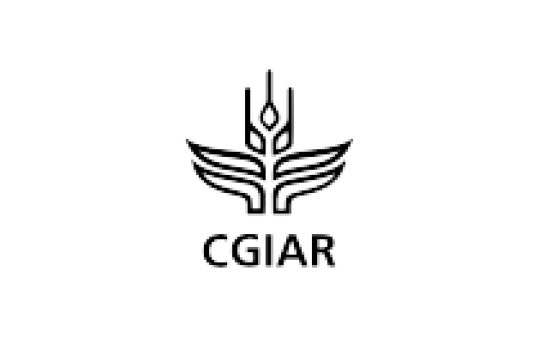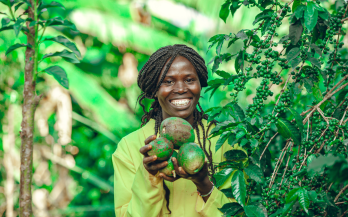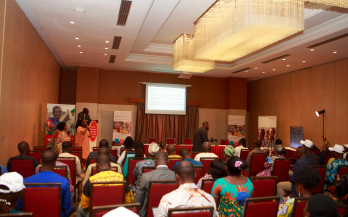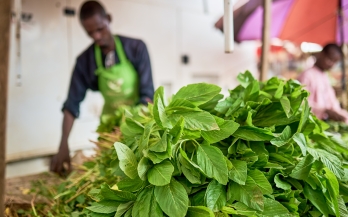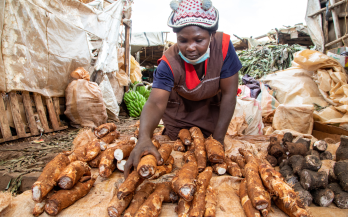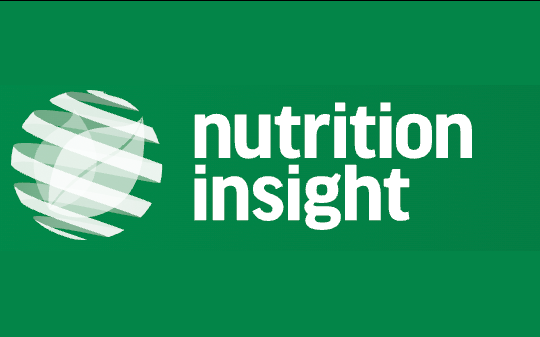Micronutrient deficiencies, particularly anaemia and vitamin A deficiency, persist among children and women. Three out of four children suffer from anaemia, while one in three from vitamin A deficiency. While one in two women suffer from anaemia. obesity[3] is rising, impacting approximately 26% of women aged 15 to 49. This increasing trend in obesity also affects young people, especially women. As of 2021, Benin ranks 166th out of 191 countries in the Human Development Index, highlighting untapped development potential.
In response to a request from the Benin Scaling Up Nutrition (SUN) focal point, following the 2022 Joint Annual Assessment (JAA), the establishment and operation of the SUN Business Network (SBN) began with the support from the Global Alliance for Improved Nutrition (GAIN) and CARE through the CASCADE programme. The goal of the programme is to improve food security and reduce malnutrition among at least 5 million women of reproductive age and children under 5 in Benin, Nigeria, Uganda, Kenya, Ethiopia, and Mozambique. The establishment of SBN Benin started with the development of a strategic plan for 2024-2030 and mapping of potential members and partners.
Climate change is a threat to the sustainability of global and national food systems. Unsustainable food systems cannot ensure food and nutrition security or healthy eating patterns. Climate change is already altering agricultural production, food processing, distribution, and conSumption. Its impacts disrupt food supply, limiting people’s access to the diverse, safe, and nutritious foods that make up high-quality diets.
Poor diets are the leading cause of global ill health, resulting in malnutrition and deficiencies such as anaemia, decreased energy levels, diminished health, and decreased productivity. A diverse diet containing a wide variety of food types is more likely to provide the vitamins and minerals needed for good health, to boost brain and body development, and bolster resistance to infections. However, in 2021, more than 3.1 billion people in the world—or 42 percent of the global population—were unable to afford a healthy diet. Tea workers and farmers, predominantly women, often contend with high rates of malnutrition due to diets lacking essential nutrients. Healthy Diets for Tea Communities is a public-private collaboration between the Global Alliance for Improved Nutrition (GAIN), the Ethical Tea Partnership (ETP), and eight leading tea companies, which aims to promote healthy diets in tea supply chains in India, Malawi, and Kenya. This document summarises programme results in Kenya.
Poor diets are the leading cause of global ill health, resulting in malnutrition and deficiencies such as anaemia, decreased energy levels, diminished health, and decreased productivity. A diverse diet containing a wide variety of food types is more likely to provide the vitamins and minerals needed for good health, to boost brain and body development, and bolster resistance to infections. However, in 2021, more than 3.1 billion people in the world—or 42 percent of the global population—were unable to afford a healthy diet. Tea workers and farmers, predominantly women, often contend with high rates of malnutrition due to diets lacking essential nutrients. Healthy Diets for Tea Communities is a public-private collaboration between the Global Alliance for Improved Nutrition (GAIN), the Ethical Tea Partnership (ETP), and eight leading tea companies, which aims to promote healthy diets in tea supply chains in India, Malawi, and Kenya. This document summarises programme results in Malawi between 2020 and 2023.
